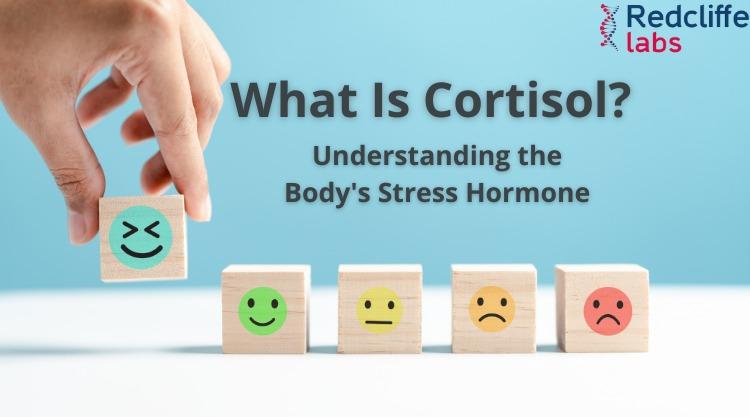Iron Utensils for Cooking: Advantages, benefits, and side effects

Medically Reviewed By
Dr. Ragiinii Sharma
Written By Srujana Mohanty
on Apr 23, 2022
Last Edit Made By Srujana Mohanty
on Jan 10, 2025

The use of iron utensils and cookware isn’t a current trend – it dates back to our grandparents' time (and rightfully so). However, with the modernization and upgrades in the kitchen, people now look for more “modern and aesthetic” cookware to spruce up the look of their kitchens. But, as more and more people are transitioning to the “rustic” and “retro” vibe in the kitchen, cast iron cookware is gradually coming back. Not only are they versatile, but they are also good for your health too. If you are sitting here wondering if you should use iron utensils for cooking or not, this article should answer all your queries in detail.
What are the Advantages of using Cast Iron Utensils for Cooking?
With more ongoing research, people now realize that not just the ingredients; it matters where they are cooked. So, cooking on cheap and unregulated cookware materials can inadvertently affect one’s health, leading to many chronic diseases. Cast iron is gaining rapid popularity and all for the following advantages:
It has a non-stick coating
Surprisingly enough, a cast-iron skillet or pan is naturally non-stick. So, it doesn’t matter if you are cooking an egg or a thick cut of steak; you won’t have to worry about the food sticking to the bottom of the pan anymore. Since cast iron utensils are naturally non-stick, you won’t have to worry about consuming the perfluorinated compounds that often leach into the food with most non-stick cookware. Although not fatal, consistent consumption of these chemical compounds can lead to health complications. With a well-seasoned cast-iron skillet, you won’t have to worry about the food sticking to the pan or the need to scrape things off the bottom consistently.
Improves with age
Cast iron skillet ages like fine wine. The older your cast iron utensil is, the better it is to cook your meals evenly and fast. The more you cook on an iron skillet, the smoother cooking surface allows for a more efficient cooking experience. Also, their heat retention quality improves with age and the more you use it.
Optimal heat retention and heat distribution
Do you realize that cast iron utensils are often the go-to for frying? Ever wondered why that is the case? Cast iron has a powerful ability to retain the heat and ensures uniform heat distribution throughout the pan for even cooking without leaving the food raw in certain parts. Besides frying, cast iron is also ideal for braising, poaching, broiling, and grilling. You can cook your meals with the least amount of oil, thanks to its non-stick coating and impressive heat retention. Also, better heat retention makes the cooking process energy efficient, so you can cook your meals quicker and without wasting excessive fuel.
Avoid chemical leaching
Non-stick pans are a staple in every kitchen. They make cooking easy, and the food looks intact and in its primal form. But do you realize that they come with a lot of consequences? The biggest issue with most non-stick cookware is the abundance of toxic chemicals. Although more and more brands are regulating the use of certain chemicals, it isn’t absent completely. When cooking in such non-stick pans at high temperatures, the chemicals break down and mix with the food. One of the most common chemicals is PFOA or perfluorooctanoic acid. It has carcinogenic properties, and consistent consumption can lead to fatal implications on health. On the other hand, cast iron cookware is a lot safer and doesn’t have any of these toxic chemicals in them. Brands are now switching to PTFE or polytetrafluoroethylene from PFOA. But, even those have risks associated with them. So, switching to cast iron is a lot safer.
Get an iron boost
Don’t expect cooking in an iron skillet to cover your daily iron requirement, but it adds a little percentage of your daily requirement. Studies show that cooking in iron utensils can improve the iron level in the food, one that is readily absorbed into the body. Although the amount is quite minimal, it is still a good boost. A study from 1986 cites that foods that have higher moisture and are cooked for a longer period in the cast iron cookware have more iron than other cookware. Also, the study eradicates the common myth that you can’t cook acidic foods in cast iron cookware.
Easy to clean
Cooking might be fun, but cleaning isn’t. Since iron utensils are predominantly non-stick, it isn’t surprising that they are easy to clean. You don’t have to worry about scrubbing your pans for hours. All you need to do is soak it in some water and use a few drops of dish soap to remove the stains and residual food on the pan. Also, once you are done cooking and cleaning, it's better to season and clean it with some oil to prevent further rusting and damage over time.
What are the Downsides to using Iron Utensils?
A coin has two sides to it. So, while you are learning about iron kadai benefits, knowing the side effects of iron utensils is necessary too.
Susceptible to rusting
Iron, like a few other metals, when exposed to the oxygen in the air. So, when you use cast iron utensils for cooking, you need to season them with oil after every use. This prevents rusting and ensures prolonged usage. The seasoning process can be a little difficult initially, but it gets easier with time. You can use a kitchen tissue, dip it in some oil, and rub it all over. Once the oil seeps into the utensil, it creates a protective cover and prevents rusting over time.
Cooking acidic foods
Although cooking acidic foods in iron utensils isn’t bad for your health, you have to be careful. You should leave your highly acidic foods in your cast iron skillet after cooking. The acids from the food will react with the iron and turn the food darker in color. But the good thing is that the iron from the utensils fortifies the meals you are cooking in it. Excessive cooking of heavily acidic foods in iron utensils can enhance the risks of rusting.
Conclusion
Cooking food in iron or cast-iron utensils is safe and healthy. If you are trying to switch things up in your kitchen, we recommend introducing more iron utensils. They are scientifically proven to be a better option than most non-stick materials you get on the market. ']



